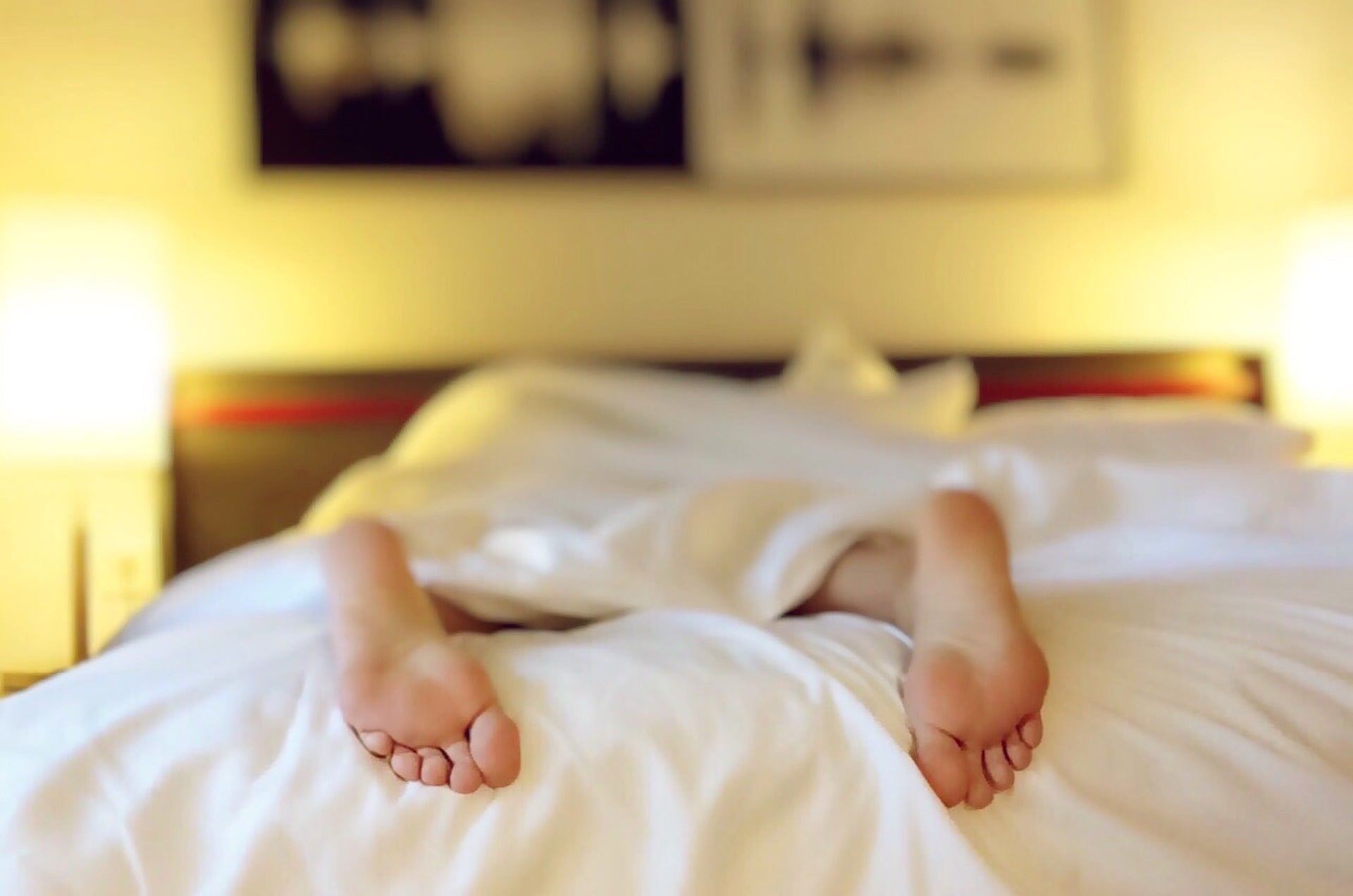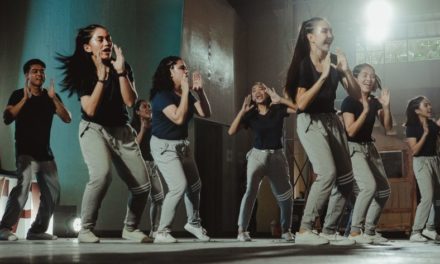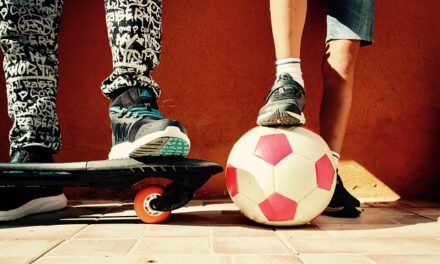Skeleton is an event that essentially involves throwing yourself down an ice mountain; face first, on a tea tray (Okay, a small sled). The G force involved can break your neck and any error is likely to cause injury. It requires extraordinary strength, fitness and courage. Who better to talk to about the physical empowerment of our girls?
Linda: What messages should parents be giving our girls about exercise?
Lucy: It should be part of your lifestyle…engrained and habitual. It should be something they enjoy otherwise it won’t be something they keep doing.
I don’t have kids yet, so I’m loath to tell parents what to do. There is so much on your plate; however, I can tell you what works developmentally. Little girls like to play. You can’t pigeonhole them. Let them try heaps of different things, let them experiment and play. There are so many different activities for them to try. It’s not about winning; it’s about being there, feeling good and having fun. Play is different for different kids. Some are competitive, some are social, and some are creative. Parents can recognise that fact and tailor their child’s experiences to their personality type.
Parents need to normalise exercise. My mum use to get up in the morning and run 10kms. I’m not saying every parent should run 10 kms per day, but modeling exercise is important. That’s what I grew up with. Body shaming and dieting were never discussed. Eating healthily was. Talking positively about your body isn’t even the aim; just don’t talk negatively about it. Little boys have it, they want to show their muscles. Girls need that too. They need to know how good it feels to be strong.

Linda: What role do schools play?
Lucy: At school we can teach good habits and role model good attitudes but it’s hard to compete with what happens at home. If they’ve had great training at home all their lives, they are going to understand that sport makes you feel good.
In the curriculum, schools tend to cut down on Physical Education as kids get older due to the demands of exams and national curriculum. It’s probably the time we should be doing more. It’s the time that they really need the release and resilience that exercise offers.
Everyone knows that exercise is important and that it goes hand in hand with effective learning, but schools are busy places. They often fall into the trap of sacrificing sport when things are busy. We need to preserve and build on great programs. Our Santa Maria College girls love Physical Recreation in Year 11. We tailor it for them. We play cricket, Zumba, Tai Kwon Do, Ultimate Frisbee, Belly dancing…things that get them out there and moving. We use to outsource it to specialists but now we do it in-house with our own staff. The girls like it that we are out there playing with them. It’s a good note to parents; kids want you to play with them.
Linda: How do you teach adolescent girls, who are often self-conscious, about their bodies?
Lucy: When I teach them I talk them through stretches and skills in terms of your body as a machine, showing them what their machine can do. I tell them they need to be strong and fit. It’s not about what it looks like. It feels good to be strong. Being able to push yourself…do push ups. You have to get them young enough so that they get use to the idea of lactic acid and pushing through some pain. That needs to be a regular experience that they value.
Linda: What do you think are the benefits for girls of playing sport?
Lucy:
- Mental Health…. self esteem, self worth, self identity. It is also a way of releasing stress in a positive way.
- Relationships…friendships that last because they’re born of shared experiences and some adversity. There is camaraderie that we don’t get much in life. Those friends understand you. They’ve seen you at your worst and they get you. There is proper connection.
- Studies show the worth of female athletes in the workforce…They work hard, they know about team work and time management. Also, there are the obvious benefits of brain stimulation. (Making the Connection: Women, Sport and Leadership. Women Athletes Business Network: 2014)
Keeping sport going throughout your life should just be a given. It’s not negotiable. It makes everything else in your life better. It makes you happier. There are no downfalls.

Linda: How do you view your body?
Lucy: It’s a tool. I use it every day, not just for work, which is very physical. Last year I hurt my back and everything else started to fall apart. Your body is like any other machine. If you don’t use it and you don’t maintain it, it will fall apart.
Once you feel fit and strong you don’t have boundaries, you can do anything.
You have to be strong and dependable. It’s like Cirque du Soleil. The powerful people holding the poles allow the gymnasts to perform. They allow the magic to happen. The magic can happen for anybody if there are strong foundations.
Linda: Any final messages?
Lucy: The message girls need to hear is, don’t underestimate yourself and don’t put yourself down. Try. It doesn’t matter, everyone looks silly the first time. The only expectation is that you try. Kids need to get that, but so do parents.
Visit Linda’s Facebook page here






